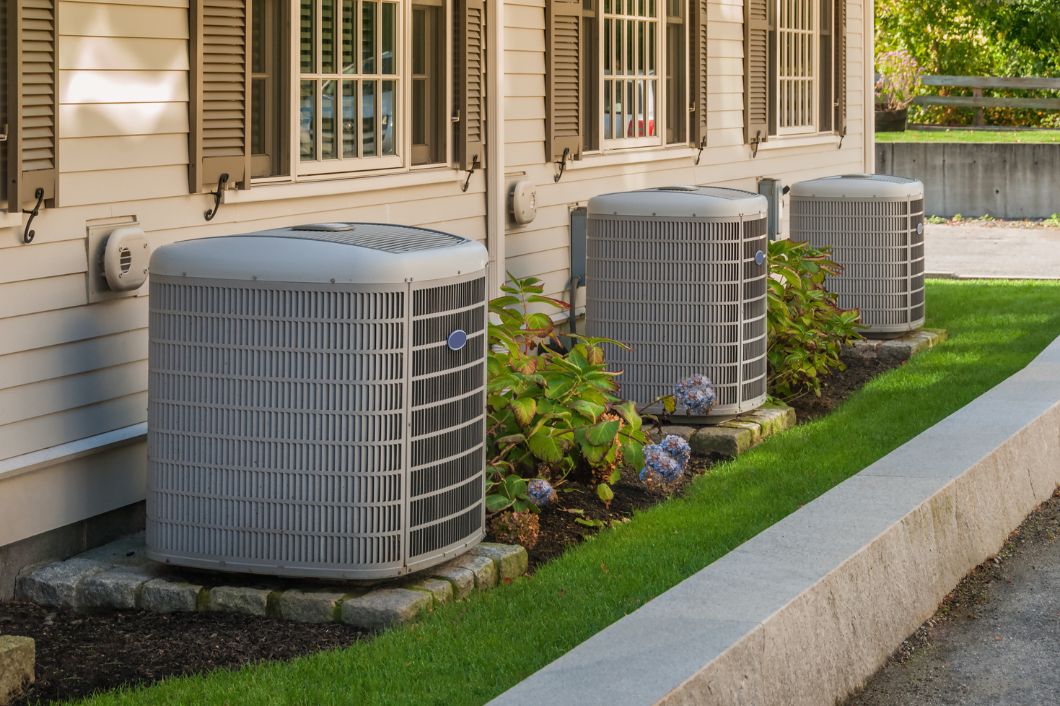Deciding on the appropriate HVAC system for your new home is a critical aspect of the construction process, one that will impact your comfort, utility bills, and the environment. With various systems available, each offering its merits and demerits, navigating through the options can be somewhat perplexing.
Let’s look at HVAC systems for new homes and find out which one is right for you and your family.
Understanding HVAC Systems
HVAC stands for heating, ventilation, and air conditioning. As the name suggests, HVAC systems are responsible for maintaining a comfortable indoor temperature all year round. They also ensure adequate ventilation and air quality in your home.
The primary function of an HVAC system is to provide heating or cooling depending on the season. During winter, they keep your home warm, while in summer, they work to keep it cool. Some systems can also control humidity levels.
How Do HVAC Systems Work?
HVAC systems utilize mechanical equipment and ductwork to distribute heated or cooled air throughout your home. The equipment typically includes a furnace, heat pump, air conditioner, and thermostat for temperature control. The HVAC industry is also one of the industries using environmental sensor monitoring to control HVAC systems and maintain better air quality.
Factors To Consider When Choosing an HVAC System
- Size of your home: The size of your home plays a critical role in determining the appropriate HVAC system. A system that is too small will struggle to keep up with demand, while one that is too big will cycle on and off frequently, leading to energy inefficiency.
- Climate: A more powerful and efficient system may be necessary if you live in an area with extreme temperatures. For milder climates, a less expensive and simpler system may suffice.
- Energy efficiency: HVAC systems are responsible for a significant portion of your household’s energy consumption. Therefore, it’s essential to consider the energy efficiency rating of different systems and choose one that will save you money in the long run.
- Initial cost and installation: The costs associated with purchasing and installing an HVAC system can vary significantly depending on type, size, and complexity. Be sure to consider your budget when making a decision.
- Maintenance requirements: All HVAC systems require regular maintenance to ensure optimal performance and longevity. Some systems may have higher maintenance needs than others, so be sure to factor this in when making your decision.
- Environmental impact: With growing concerns about climate change, it’s essential to consider the environmental impact of the HVAC system you choose. Look for systems that use sustainable materials and energy-efficient technology.
Choosing the right HVAC system for your new home requires careful consideration of several factors. Consult a professional HVAC contractor who can assess your needs and recommend the best system. Remember to do your research and consider all aspects before deciding.



